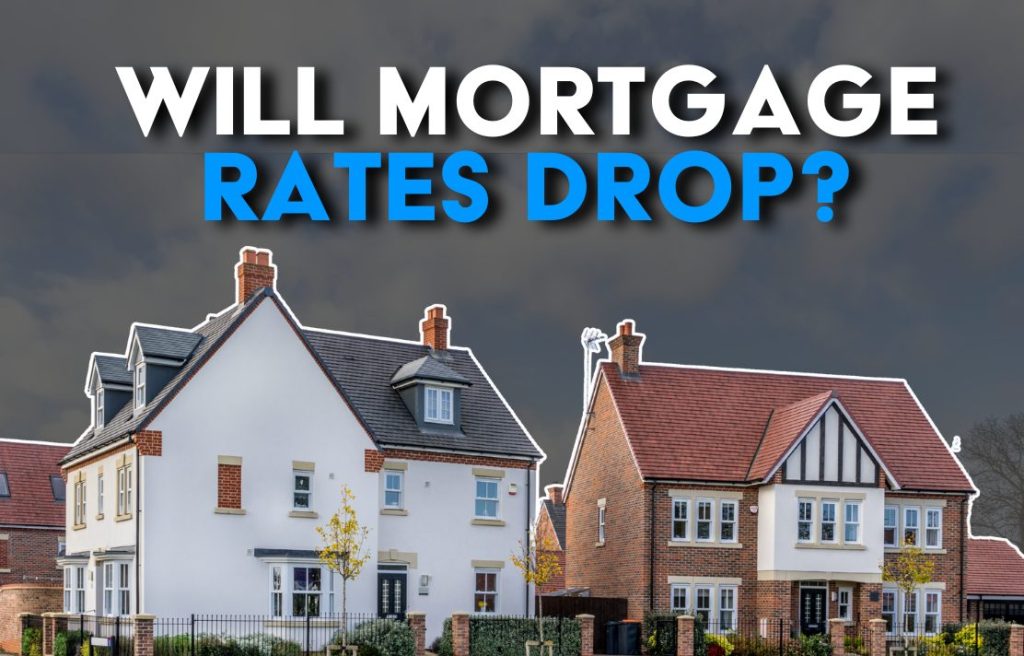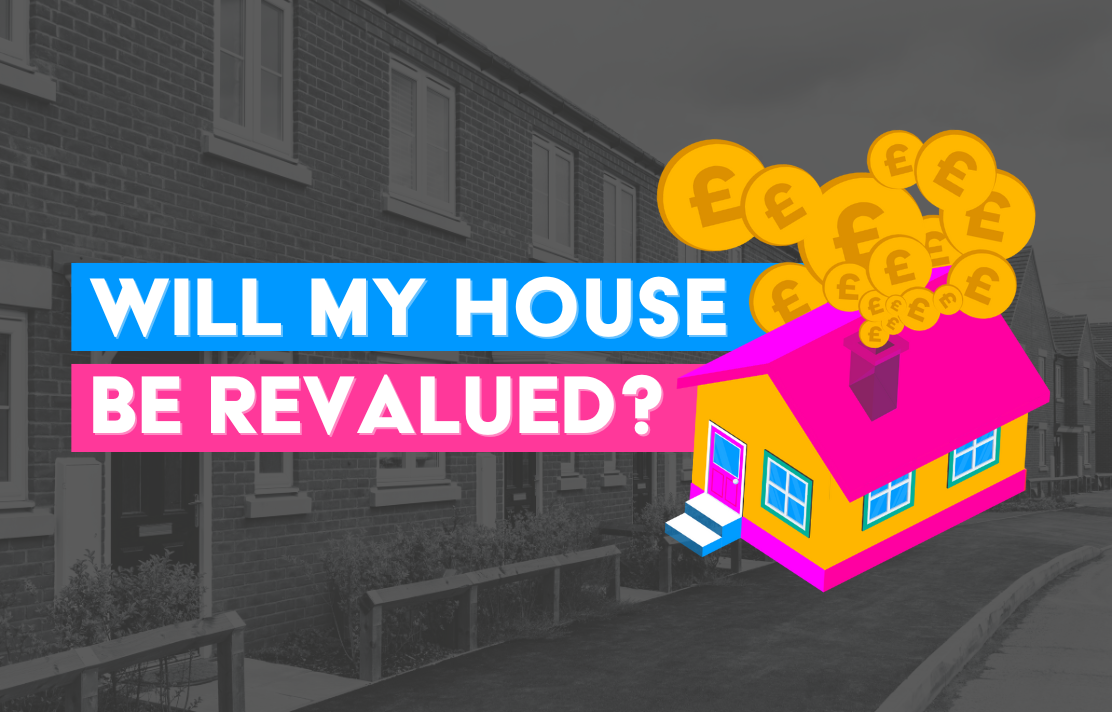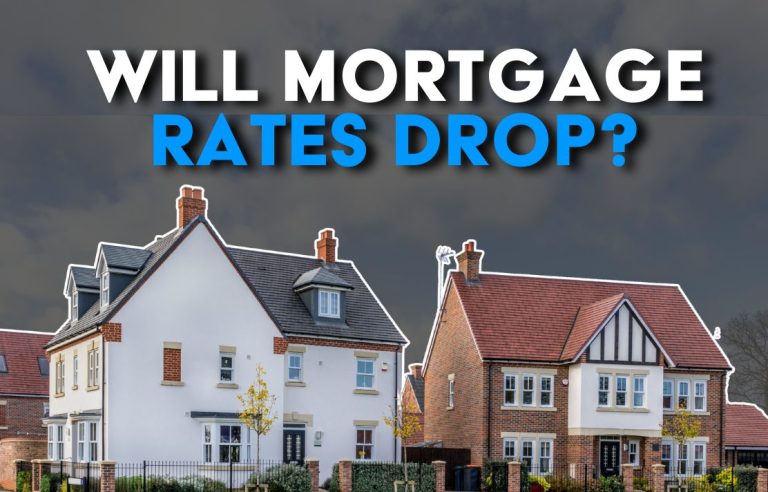Searching for “do you need a valuation to remortgage?” online? Discover the essential steps to consider before remortgaging with the help of the experts at UKMC.
Considering whether to have your house revalued?
There are several reasons why you might, including for tax purposes, to comply with financial reporting obligations, or ahead of a sale or rental.
It can also form part of the remortgaging process.
Do mortgage lenders always do a valuation?
When you first apply for a mortgage, a lender will insist on a valuation being carried out.
They do this to verify the property is worth what you’ve agreed to pay for it and to calculate the loan-to-value ratio.
Also referred to as a ‘valuation survey’, its objective is markedly different from a house price valuation or a house survey that assesses the condition of a property you’re intending to buy.
Some lenders commission a mortgage valuation when you remortgage.
Does property value affect remortgage?
A common query is ‘does your house get revalued when you remortgage?’.
The process is the same as outlined above; the purpose of revaluing your property is for a lender to establish your home’s current market value.
A revaluation determines how much equity you have in your property, which can impact the terms of a new mortgage deal.
In summary, this type of mortgage valuation ensures your new mortgage arrangement reflects what your home is worth and helps tailor a deal to your personal circumstances.
Does a house have to be revalued when remortgaging?
In short, it’s not compulsory.
At UKMC, we’re often asked: ‘do you need a valuation to remortgage?’.
While it’s not necessary to have your home revalued by an expert before remortgaging, we’d argue it’s a good idea.
There are ways to do this online, using valuation tools, by conducting a desktop valuation.
However, that’s rarely the best way and most lenders will prefer a more comprehensive approach to decide what your property is worth so they’re better informed about the level of risk they’re taking on when offering remortgage terms.
House valuation for remortgage; what to expect
Getting a revaluation of your house isn’t a complicated process, and a lender usually sends a surveyor to your home.
Before that, an initial desktop valuation may be carried out which is computer-led and uses recent comparable sales, property data, and property listings to establish a baseline figure.
In some cases, a surveyor can attempt to value a property from the outside by conducting a ‘drive-by’ valuation. This is a basic visual inspection to look for problems on the roof, or with the walls, that could affect the home’s value.
However, more likely is a visit to your address to identify any defects. This assessment entails looking at factors such as location, size, condition, improvements, and recent sales of comparable properties in the area.
Remember, a mortgage valuation isn’t the same as a house survey. It’s done for the benefit of the lender, and is less detailed.
If you’re getting your house valued for a mortgage, it may be done for free because lenders generally want to encourage homeowners to remortgage with them.
However, be sure to find out beforehand if there is a fee.
Is the process of mortgage revaluation different to an original valuation?
The steps to be take when seeking a remortgage valuation are similar to those with an original valuation carried out when you first bought your property.
Most lenders will send their own surveyor to value your home.
What they do on arrival usually depends on the lender’s policies and the specific circumstances of the remortgage.
But once their visit is completed, the surveyor makes contact with the lender to share the information they’ve collected.
If satisfied by the value, the lender will initiate the processing of the new mortgage deal. Conversely, if the surveyor decides the property is worth less than the proposed remortgage, you may get a ‘down valuation’.
The surveyor’s valuation is used by the lender to determine the loan-to-value ratio, which is the percentage of the property’s value that you’re are borrowing.
The house’s valuation for remortgage will have an impact the terms you’re offered. The lower your loan-to-value, the better the deal you are likely to get.
It’s important to note that while the process is similar, the market conditions and the state of your property may have changed since the original valuation, which could influence the valuation.
Therefore, it’s always a good idea to keep your property in optimal condition to ensure a favourable valuation.
How UKMC can help
Our remortgage advice process is quick, seamless and hassle-free.
We’d always recommend that you talk to a financial advisor or a suitably qualified mortgage broker to understand the potential costs and benefits associated with remortgaging.
At UKMC, our remortgage advice has been honed by years of experience working directly with lenders, understanding their products and knowing the options available to you.
We can guide you through the complexities of remortgaging, including early repayment charges, product fees, and your lender’s standard variable rate.
If your current deal is coming to an end within the next six months, or you need more general guidance, we can help.
Want to read the thoughts of those that have benefitted from our expertise? UKMC has more than 400 positive reviews on Trustindex.
If you’re looking to secure the best remortgage deal for you, why not book your consultation today?
If you don’t want to book a call straight away, you can request a callback at a more convenient date and time.
To start a conversation with us, you can also complete our online contact form or book your own appointment.
Disclaimer
UK Mortgage Centre Limited is an Appointed Representative of Refresh Mortgage Network Limited. Refresh Mortgage Network Limited is authorised and regulated by the Financial Conduct Authority. We are entered on the Financial Services Register under firm number 1019794.
As a mortgage is secured against your home, it could be repossessed if you do not keep up the mortgage repayments. The Financial Conduct Authority does not regulate some forms of buy-to-let mortgages.
The Financial Conduct Authority does not regulate will writing and taxation and trust advice.
You may be charged a fee for your advice. A typical fee is £495, which would be payable when you receive your mortgage offer. Your dedicated advisor will discuss this further on your free initial phone call.
Registered company number: 15825320









